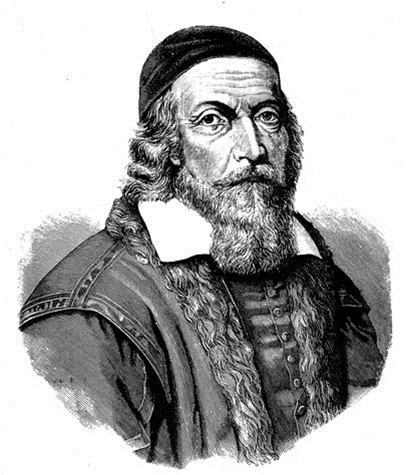Global Pentecostal Renaissance? Reflections on Pentecostalism, Culture, and Higher Education, by Jeff Hittenberger
Many other examples could be offered to illustrate this cultural mandate in action, but I will highlight the story of Bezalel, in whose case artistic expression and teaching are explicitly shown to be a means of living out God’s mandate under the anointing of the Holy Spirit.
Then Moses said to the Israelites, “See, the Lord has chosen Bezalel son of Uri, the son of Hur, of the tribe of Judah, and he has filled him with the Spirit of God, with wisdom, with understanding, with knowledge and with all kinds of skills—to make artistic designs for work in gold, silver and bronze, to cut and set stones, to work in wood and to engage in all kinds of artistic crafts. And he has given both him and Oholiab son of Ahisamak, of the tribe of Dan, the ability to teach others. He has filled them with skill to do all kinds of work as engravers, designers, embroiderers in blue, purple and scarlet yarn and fine linen, and weavers—all of them skilled workers and designers.12
Filled with the Holy Spirit, and with wisdom, understanding, knowledge, and artistic genius, Bezalel and his colleagues created the Tabernacle, a place for the presence of God among God’s people. The relevance for a Global Pentecostal Renaissance is that the infilling of the Spirit of God awakens followers of Christ to works of creativity across the entire spectrum of human activity and God is glorified in the fulfillment of our cultural mandate as well as our missionary mandate.
For historical precedent, one could choose myriad instances of God’s empowering presence enlivening followers of Christ to integrate vibrant faith with avid learning, creative expression, and redemptive service. I will focus here on one such example: Jan Amos Comenius and the Unitas Fratrum, also known as the Moravian Brethren, a movement that was also exploratory, global, holistic, and rooted in a transformative experience of Christ. The Moravians foreshadowed and laid spiritual groundwork for the Pentecostal movement in ways that merit our attention.
Key figures of the Protestant Reformation were advocates for learning and education and laid groundwork upon which Comenius built. John Wycliffe (c. 1320-1384) was an Oxford professor who completed the first translation of the Bible into English and called for an end to the corruption and political dominion of the Church. John Hus was born to peasant parents near Prague in Bohemia, in the present day Czech Republic, around 1370 and eventually became the leader of the University of Prague. Embracing the ideas of Wycliffe, Hus began to preach about the authority of Scripture and to preach against the corruption of the Pope and the Roman Catholic Church hierarchy of that era. Hus was excommunicated and then burned at the stake when he refused to recant in 1415.
Czech reformers who followed Hus kept alive his reformation message and from that movement was born the Unitas Fratrum, an early Protestant church (predating Luther by two generations) centered in the twin Czech provinces of Bohemia and Moravia. This church was one of the first to advocate education for all children.

John Amos Comenius (1592-1670), the father of modern education.
By way of Wikimedia Commons.
The leader of the Unitas Fratrum in the first half of the seventeenth century was Comenius (1592-1670). Comenius was a product of both the Renaissance and Reformation and his work and that of his Moravian church initiated a global renewal of education and a global missionary movement.
Comenius pursued higher education in Heidelberg, and returned to Moravia to become a pastor, teacher, and principal of a Christian school. The Counter Reformation was in full force, however, and the armies of the Catholic Church defeated a Protestant army at White Mountain at the beginning of The Thirty Years War in 1620. The Moravian Brethren and other Protestants in the region were imprisoned, scattered into exile, or forced to go underground. As the spiritual and educational leader of this community, Comenius led a group of the Brethren out of Moravia and into exile in Poland.
Category: Living the Faith, Pneuma Review, Spring 2013


